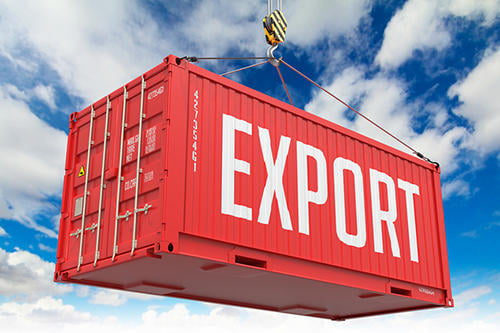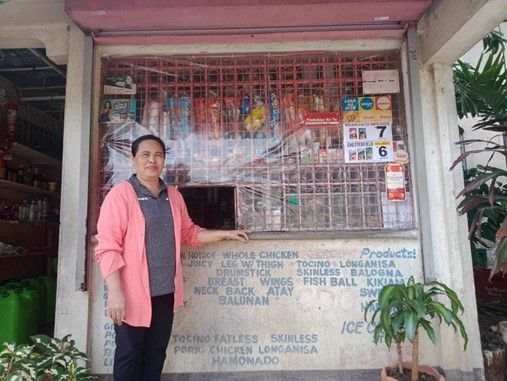PHILEXPORT News and Features
Philippine exporters need to prepare for the entry into force of the European Union Deforestation Regulation at the end of this year to ensure they have continued access to the EU market.
“Exporting products to the EU has become increasingly challenging with its new and emerging regulations as part of the EU Green Deal. These regulations aim to make the EU the first climate-neutral continent by 2050,” Bianca Pearl Sykimte, director of the Department of Trade and Industry-Export Management Bureau, said in a recent seminar.
Sykimte said one of these key regulations is the EU Deforestation Regulation (EUDR), or Regulation (EU) 2023/1115.
“This regulation, which will enter into force in December this year, applies to entities exporting commodities such as cattle/beef, soy, coffee, coco, palm oil, rubber and wood. It requires these entities to demonstrate that their products are deforestation free and not linked to forest degradation,” Sykimte said.
These seven products, all of which are major drivers of deforestation, will no longer be sold in the EU if sourced from areas affected by deforestation or forest degradation practices.
The EUDR was formally adopted and came into effect on June 29, 2023 with the aim to prevent the importation of commodities linked to deforestation in order to curb forest loss, land degradation, and biodiversity loss.
Companies have until December 30 this year to be compliant, except for micro and small undertakings, for which the regulation will apply from June 30, 2025. Businesses should now consider the impact of the EUDR on their supply chain due diligence to prepare for the new obligations that apply from December 2024.
Among the important things that companies need to know is that the new regulation covers a wide range of products. According to global law firm White & Case, the EUDR covers the said seven commodities as well as their many derived products listed in the annex to the regulation. Examples of these derived products are meat products, leather, chocolate, coffee, palm nuts, palm oil derivatives, glycerol, natural rubber products, soybeans, soy-bean flour and oil, fuel wood, wood products, pulp and paper, printed books.
“It is important to check carefully which products are covered, with reference to the product’s tariff classification under the Combined Nomenclature,” advises White & Case.
The EUDR applies to goods produced on or after June 29, 2023 (except for timber and timber products, which are covered if produced before that date and placed on the EU market from December 31, 2027). However, it does not apply to goods produced entirely from material that has completed its life cycle and would otherwise have been discarded as waste.
Another thing to keep in mind is that non-compliance with the EUDR will prevent access to and exports from the EU. Global legal intelligence platform Lexology said it will be prohibited to place relevant products on the EU market, or export them from the EU, unless these commodities meet three requirements:
• They are deforestation-free.
• They have been produced with the relevant legislation of the country of production in terms of environmental protection, land use rights, and labor rights, among others.
• They are covered by a due diligence statement.
Likewise important to note is that the primary responsibility lies with the company placing the product on the EU market, said White & Case. >From December 30, 2024, a company that places relevant products on the EU market will need to first upload a due diligence statement to their competent national authority. By issuing such a statement, companies assume responsibility for the product’s compliance with the EUDR.
Also necessary to bear in mind is that the EUDR will be enforced by competent authorities in the member states, and that private parties may be allowed to submit substantiated concerns to operators and to competent authorities if they think that one or more operators or traders are not complying with the EUDR.
Finally, companies should remember that there are penalties for non-compliance. These may take the form of fines of up to 4% of the company’s EU turnover, confiscation, or exclusion from public funding or contracts.
Last year the EU was the Philippines’ sixth largest export market with total export sales amounting to US$8.4 billion. Food exports were valued at more than $400 million and included tuna, desiccated coconuts, preserved pineapples and pineapple juice, fruits and nuts, breads and pastries, rum and other distilled fermented sugarcane products.





